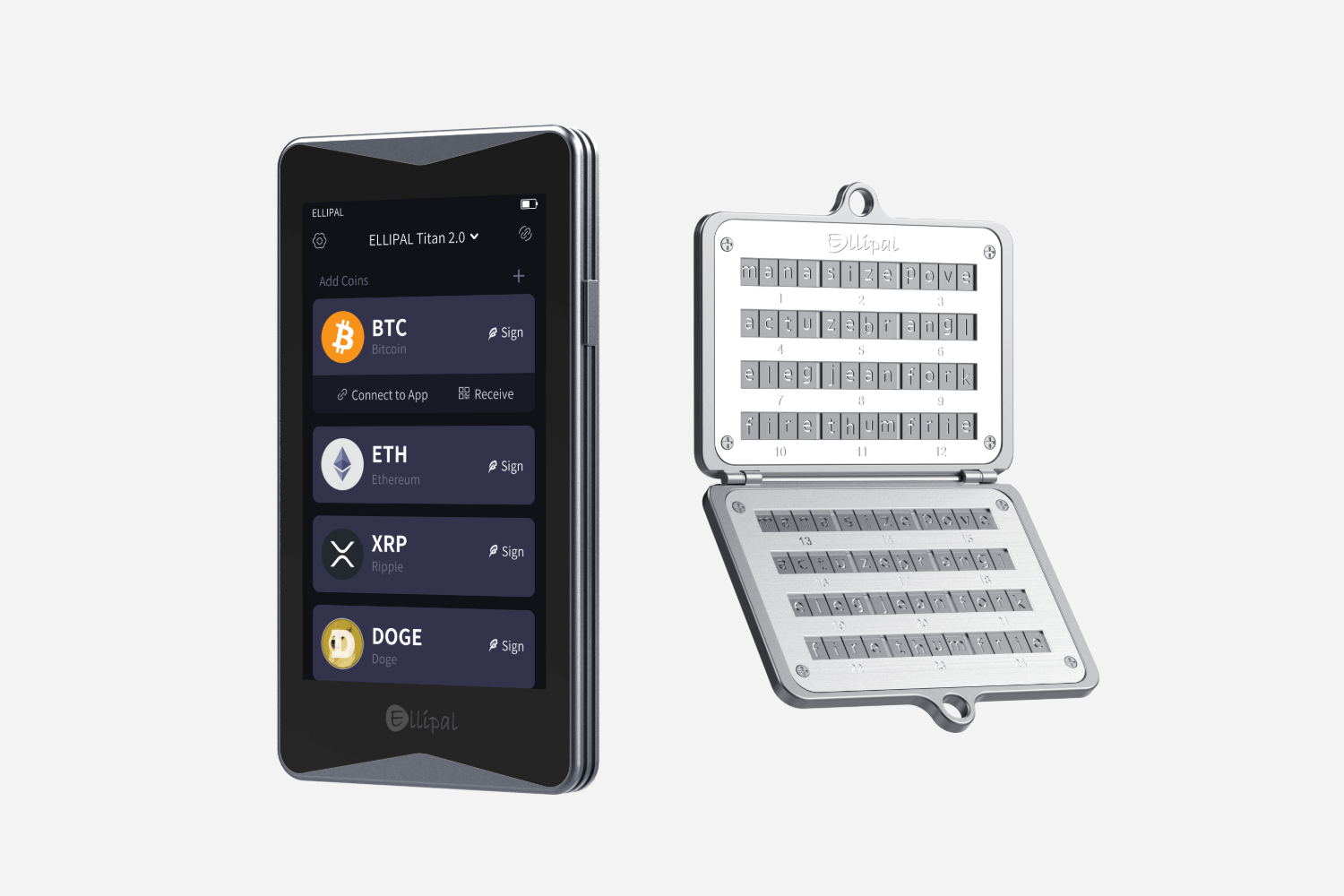The Ultimate Guide to Cold Wallets: Understanding the Basics of Secure Cryptocurrency Storage
Body
In the rapidly evolving world of cryptocurrency, ensuring the security of your digital assets is paramount. One of the most effective methods for safeguarding your investments is through the use of a cold wallet. But what exactly is a cold wallet, and why is it essential for cryptocurrency storage? This guide will delve into the fundamentals of cold wallets, their types, and how to choose the right one for your needs.

What is a Cold Wallet?
A cold wallet refers to a type of cryptocurrency wallet that is not connected to the internet. This offline storage method significantly reduces the risk of hacking and unauthorized access. Cold wallets are often used for long-term storage of cryptocurrencies, making them an ideal choice for investors who do not require immediate access to their assets.
Types of Cold Wallets
There are several types of cold wallets available, each with its unique features:
- Hardware Wallets: These are physical devices designed specifically for storing cryptocurrencies. They provide a high level of security and are user-friendly.
- Paper Wallets: A paper wallet is a physical printout of your public and private keys. While they are secure from online threats, they can be easily damaged or lost.
- Metal Wallets: Similar to paper wallets, metal wallets store your keys on a durable metal medium, making them resistant to fire and water damage.
Why Use a Cold Wallet?
Using a cold wallet offers several advantages:
- Enhanced Security: Since cold wallets are offline, they are less vulnerable to cyber-attacks.
- Long-term Storage: Cold wallets are ideal for holding cryptocurrencies that you do not plan to trade frequently.
- Control Over Assets: With a cold wallet, you have complete control over your private keys, ensuring that only you can access your funds.
How to Choose the Right Cold Wallet
When selecting a cold wallet, consider the following factors:
- Security Features: Look for wallets that offer robust security measures, such as two-factor authentication and encryption.
- User Experience: Choose a wallet that is easy to use, especially if you are new to cryptocurrency.
- Compatibility: Ensure that the wallet supports the cryptocurrencies you intend to store.
For those seeking a reliable hardware solution, the is a great option. It combines security with user-friendliness, making it suitable for both beginners and experienced investors.
Conclusion
In conclusion, a cold wallet is an essential tool for anyone serious about protecting their cryptocurrency investments. By understanding the different types of cold wallets and their benefits, you can make an informed decision that aligns with your security needs. Remember, the safety of your digital assets is in your hands, and choosing the right storage method is a critical step in your cryptocurrency journey.









Comments